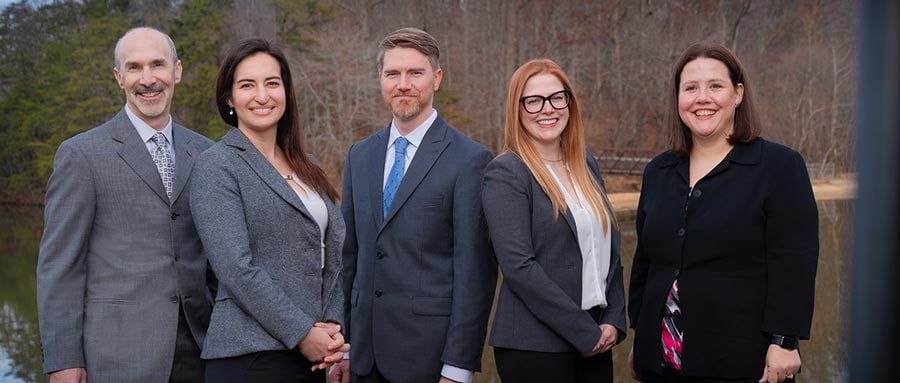For Virginia residents who own new vehicles but not their safety add-ons, the following study from the Insurance Institute for Highway Safety may be of interest. The IIHS tested the effectiveness of rear automatic brakes in reducing backup crashes and found that they cut down the chances of one by 62 percent. When combined with rearview cameras and backup warning sensors, they reduce it by 78 percent.
The technology is by no means perfect; one of the vehicles in the IIHS study did not automatically brake when approaching a dummy car parked at an angle. However, the IIHS gave superior ratings to the 2017 Subaru Outback and Cadillac XT5 SUV and advanced ratings to four other vehicles for their ability to avoid collisions and significantly reduce vehicle speeds.
While more automakers are adding rear automatic brakes, they are available as an option on only 5 percent of new vehicles. There appears to be no plan to make them standard on most vehicles, unlike with front automatic brakes, which are expected to become standard by 2022.
It’s important to prevent backup crashes as they cause extensive property damage and injuries, even fatalities in the cases of small children. Rear autobrakes are currently intended for avoiding obstacles but may soon develop to focus on potential pedestrian crashes.
Motor vehicle accidents will continue as long as there is a human factor behind the wheel. Virginia holds to the rule of pure contributory negligence, so accident victims must prove that the other side was 100 percent to blame; otherwise, they have no grounds for a claim. This is where a lawyer may come in and evaluate the case. If there are grounds, the lawyer may be able to proceed to negotiations with the auto insurance company; if a settlement cannot be agreed upon, the victim might pursue damages in court.


